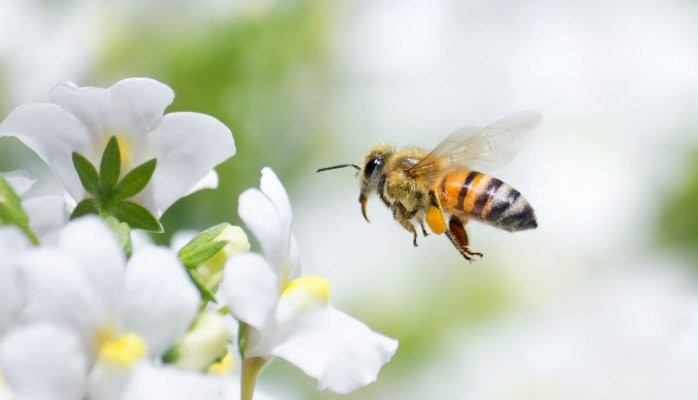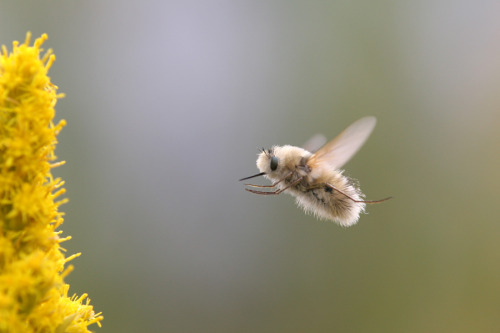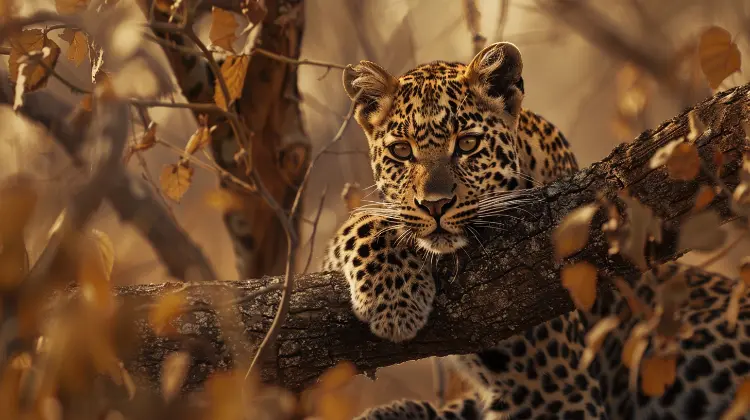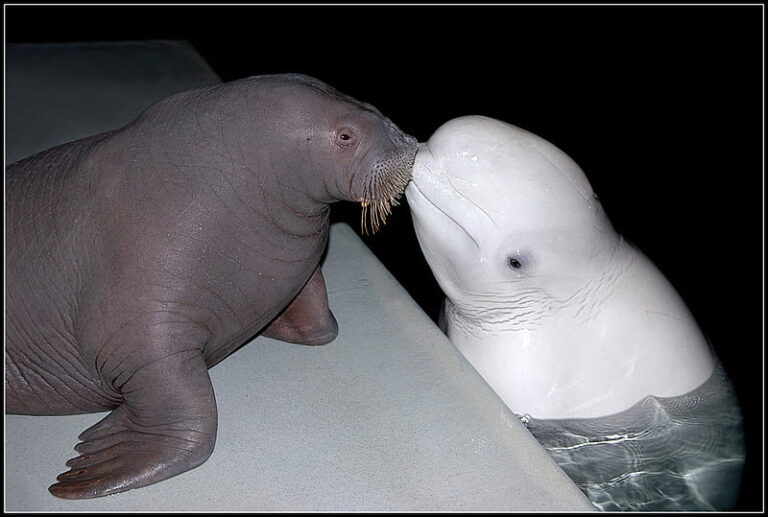The Unsung Heroes: The Life of Old Bees
Did you know that the little bees you often see resting on flowers in the evening are typically the older members of their colony? These resilient creatures, often nearing the end of their lives, embody a remarkable sense of duty and sacrifice that deserves our recognition.
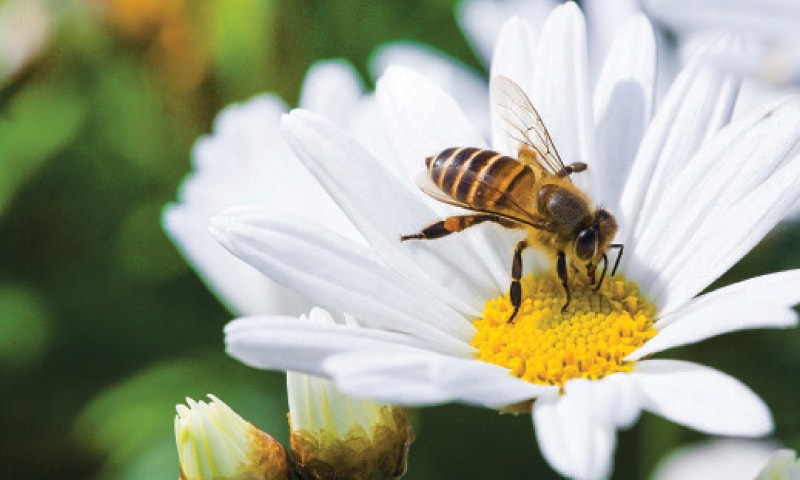
The Life Cycle of a Bee
Bees play a crucial role in our ecosystem, primarily as pollinators. Their life cycle begins as an egg, which develops into a larva, and eventually into an adult bee. Worker bees, the females responsible for foraging, nurturing the queen, and maintaining the hive, typically have a lifespan of several weeks to a few months. However, it is the older bees that often take on the most perilous tasks.
As bees age, they become less agile and may experience a decline in health. Recognizing that their time is limited, many of these older bees make a selfless choice: they do not return to the hive at night. Instead, they rest on flowers, waiting for a final opportunity to contribute to their colony.
A Selfless Act of Service
The behavior of these aging bees is a poignant testament to their unwavering commitment. Instead of burdening their fellow hive mates with the responsibility of caring for them, they choose to spend their last moments in service. These bees continue to gather nectar and pollen, ensuring that their contributions support the colony even as they approach the end of their lives.
This instinct to work until the very last moment is a remarkable aspect of bee behavior. It speaks to the social structure of the hive, where each bee understands their role and the importance of teamwork. The dedication of these old bees serves as a reminder of the beauty of selflessness in nature.
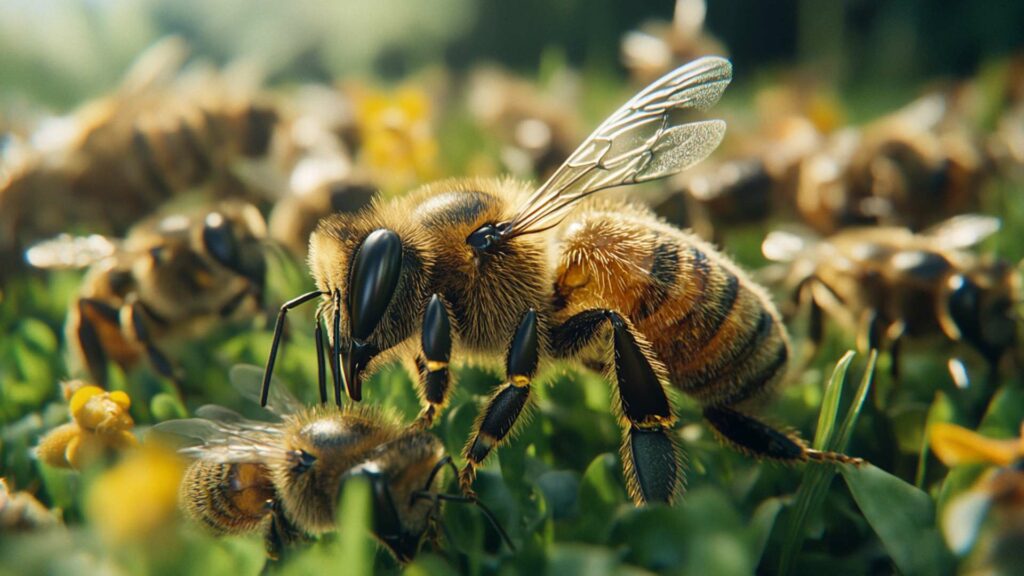
Honoring Their Legacy
Next time you encounter an old bee resting on a flower as night falls, take a moment to appreciate its lifetime of service. These small creatures work tirelessly, contributing to the health of our environment and the food we eat.
In honoring their legacy, we also recognize the importance of bees in our ecosystem. As pollinators, they play a critical role in supporting biodiversity and agriculture. Protecting their habitats and advocating for their well-being is vital for the health of our planet.
Conclusion
The story of the old bees is a powerful reminder of dedication and sacrifice in nature. Their willingness to serve until their last moments is an inspiring lesson in humility and commitment. So, when you see those little bees at dusk, remember to thank them for their unwavering service and the essential role they play in our world.
